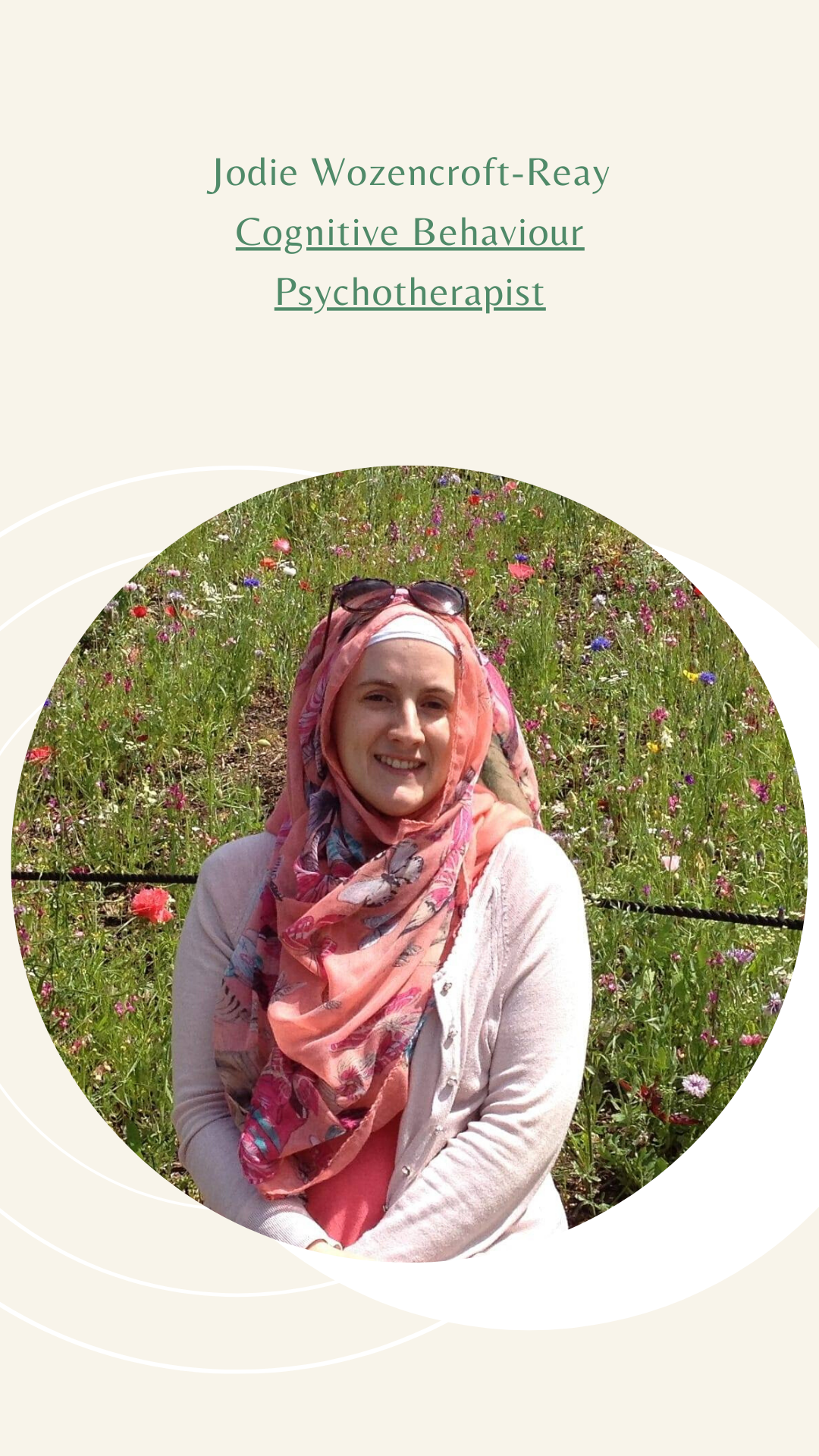Social media and our wellbeing
- Jodie Wozencroft-Reay

- Dec 16, 2020
- 3 min read
Updated: Jan 14, 2021
Social media is central to many people’s lives and businesses nowadays. There are so many positive things about it: keeping in touch with friends and family, networking, having fun…BUT there are also negatives that we don’t always acknowledge.
Studies link social media usage with anxiety, depression and low self-esteem. Our mindless scrolling can also impact our ability to focus and retain information (think generation Google!).
There are 2 sides to social media: consuming content and producing content.

Consuming Content
We consume all the time, whether it’s from walking to the shops observing others, listening to the sounds within our own homes, watching adverts before we get to that YouTube video, or reading a book. Consumption isn’t bad, it’s part of life.
But what we consume affects us. Studies now show that our increasing exposure to information means that we (the general worldwide we) are becoming more intolerant to uncertainty – we are simply consuming too much information.
How often do you scroll? You’re not looking for anything specific, you might be waiting in a queue, bored at home, or even watching TV with your family. How often do you notice your mood or sense of self being affected after looking through socials?
We have choice. Choice to be who we are, choice to consume what is beneficial to us and choice to not consume.

Producing Content
So, we know we consume, but do we consider we are consumed? We become the product. Consumed by others, and the big companies of course.
When we post content, we have varying intentions. It could be to feel a connection to others, it could be to receive validation…whatever it is, is social media the best way to have these desires met?
Lockdown and COVID has no doubt changed many relationships. We can feel our friendships are still the same because, well you know, I saw my friend posting photos the other day…I liked it…isn’t that enough? Social media gives us the illusion that we have social contact through likes and comments, but instead we could send a message (text, WhatsApp, even a handwritten letter if you’re feeling fancy!) or even a call…or even a video call?! Social media, despite it being “social” can make us feel incredibly lonely, like an unpurchased product, left on the shelf gathering dust.
We are not products, we are people, believers, family, friends. We must value ourselves more than social media does.
Social media top tips!
1. Unfollow accounts
When’s the last time you looked through your following list? Do you follow accounts that show unrealistic (or even haram) lifestyles? Accounts that show unrealistic body image? Take this opportunity to cull those accounts that do not benefit you.
2. Turn off notifications
Consume or produce on your terms. We need to get away from this 24/7 demand culture for our own good. We know likes and comments light up those reward centres in the brain, we don’t have to be addicts if we take control back.
3. Download a screen timer app
Do you know how much you spend on social media (or your phone overall)? You might be shocked to find out. But finding out, knowing where you’re at, is the first step of change. Once you know where you’re at, you can decide where you want to be.
4. Get to know your triggers (for using your phone/socials)
Is it boredom? Is it avoiding difficult emotions or situations? Is it FOMO (fear of missing out)? If we know what gets us using socials or our phones, then we can take steps forward.
5. Understand your needs
If you are bored, what do you really need? I doubt it’s scrolling for half an hour on Instagram. If you’re lonely or sad, is looking through photos of fake happy people really helping you? I would bet not. Understanding our needs means we can respond better.
6. Check your intentions
Content producing is part and parcel of social media for most people. Maybe you’re sending a funny video to your sibling, or a nice message to your mum, even a meme to a friend…or are you posting a photo (artistic as it might be) to see who will like it, or comment? Are you looking for external validation? Checking our intentions means we can understand our behaviours and start to change them.




Comments